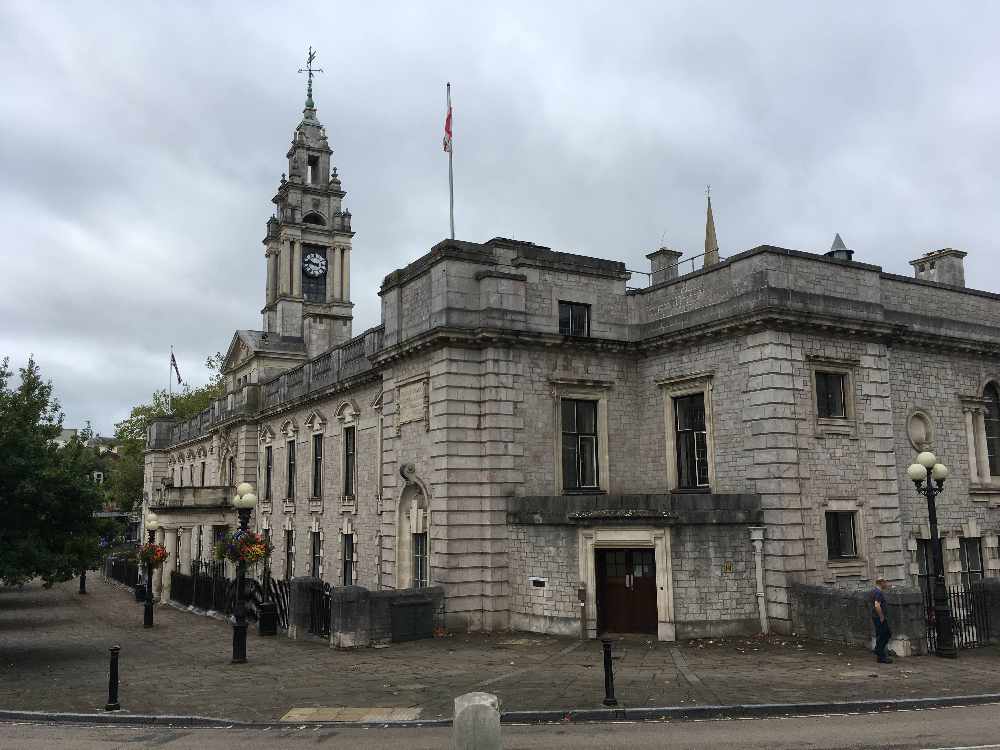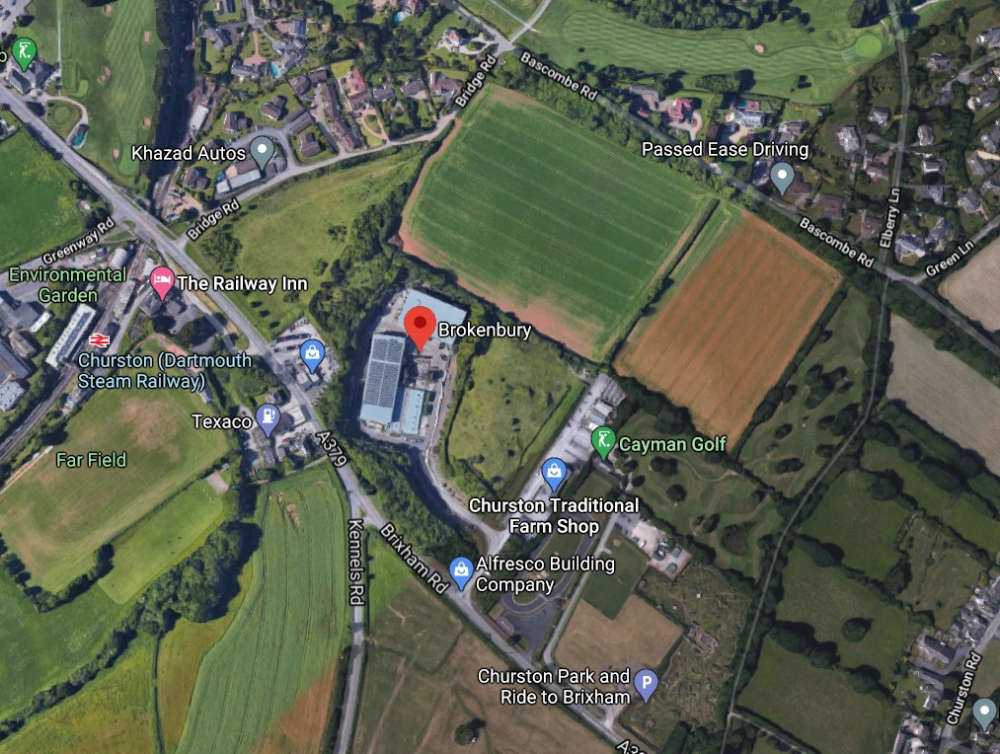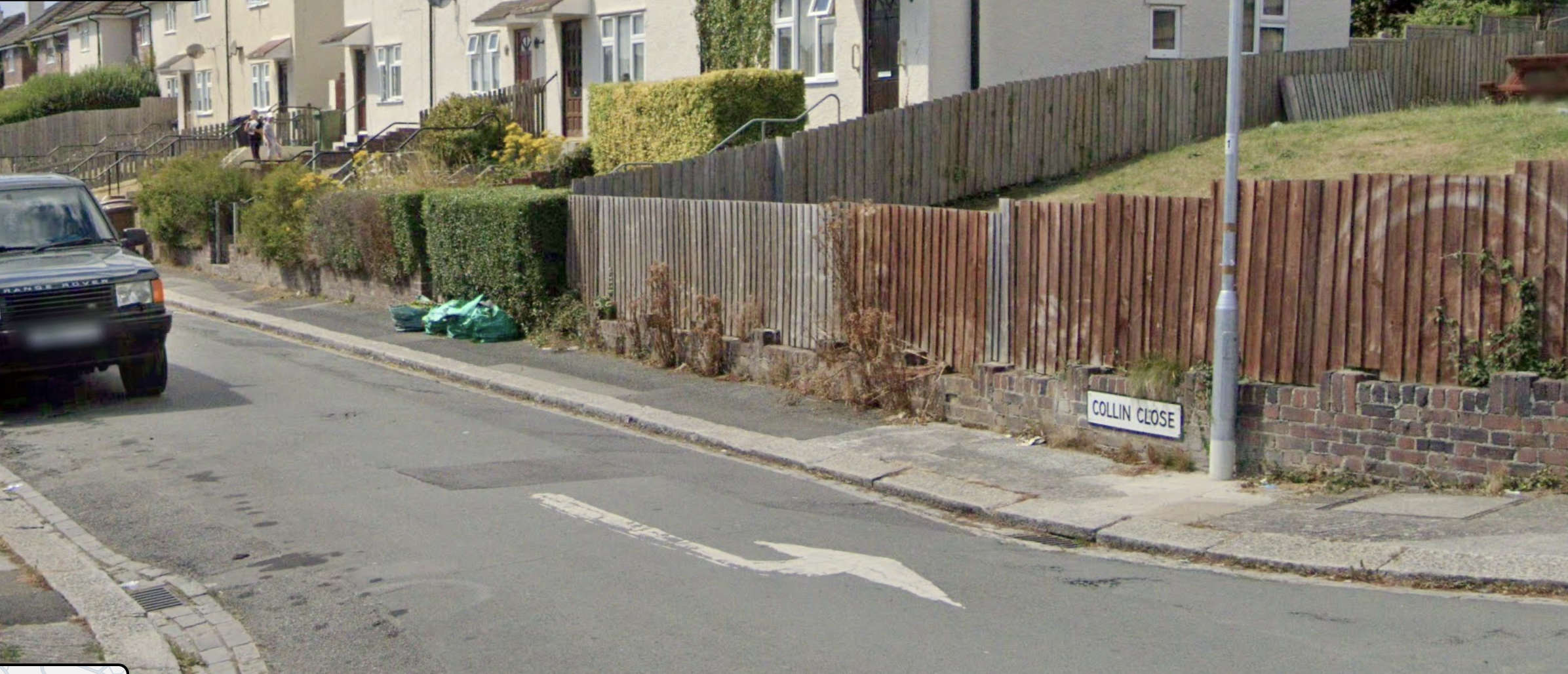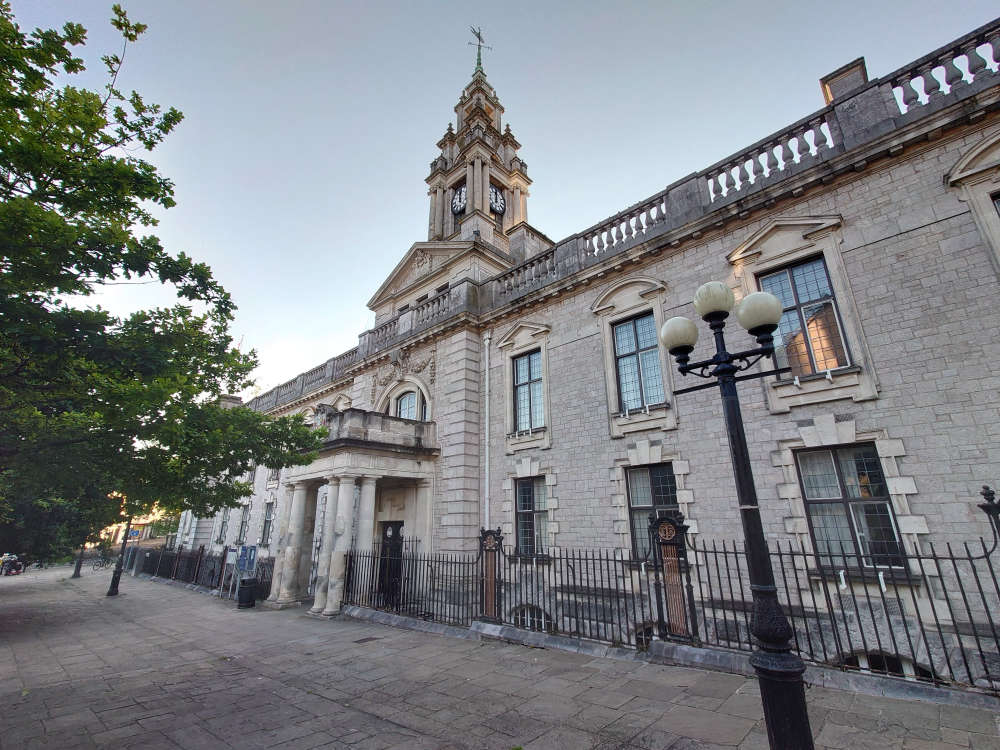
Torbay Council have paid her compensation.
During the period they ended up in three different holiday parks and had to stay with family and friends.
The case shows the struggle faced by families which have their income limited by the benefit cap of £384.62 per week – equivalent to £20,000 a year – for a single parent with children.
The family lost their home in July last year after rent arrears built up to more than £5,000.
The mother says she was unable to afford the £300 weekly cost of her private sector rent because the benefit cap meant she was only getting 50p towards housing.
But after becoming homeless, the debt barred her from the housing register, where she could apply for social housing, until it was cleared with a grant.
The family was evicted and spent the weekend with friends before Torbay Council found them temporary accommodation at a holiday park.
Two weeks later they had to move out to make way for a holiday booking.
They stayed with family and friends over the summer but the children had to be split up.
In mid-September the mother got back in touch with the council in a crisis after she had been assaulted and had nowhere to stay that night.
The family was given a place at a holiday park, then moved to another one in early October but it was too far for the children to get to school.
The family became homeless again three days later, but was able to stay with a relative.
They were found more self-contained temporary accommodation and the mother was helped to apply for a discretionary housing payment to clear the arrears.
The debt had stopped her being accepted on the housing register to access social housing.
At that stage the mother was given details of two four-bedroom privately rented homes to apply for.
The council then admitted that renting privately was unlikely to be affordable.
The family was moved again in November and allowed onto the housing register backdated to July.
In early December the mother was told she could bid on social housing properties.
The family was moved to new temporary accommodation four days before Christmas.
Details of the case have emerged in a report on a complaint made by the mother to the local government ombudsman about the handling of her case.
The watchdog decided the council had been at fault for not contacting the mother, named as Miss B, for six weeks during the summer.
There was no record on the council’s files of it seeking accommodation for her during that period.
The report by an investigator said the council “should have made attempts to find her a property and recorded this on the file.”
The authority has agreed to pay her £525 in compensation for the uncertainty and unsuitable housing as she had to stay with family and friends.
The investigator said: “While I accept there was little suitable temporary accommodation in the area and Miss B could stay with family and friends, there was considerable disruption to her and her children’s lives.”
The investigator also decided the council was wrong to include private rented accommodation in her housing plan, because it was unaffordable due to the benefit cap and arrears.
The council has agreed to make the payment and told the ombudsman it had taken on several new units of contracted temporary accommodation.
It said it was about to go out to tender for temporary accommodation to further improve its provision.
Nationally, 17 in every 100 homes are provided by local authorities, charities and housing associations for rent at lower rates than the private market. But in Torbay, the figure is less than half – eight in every 100.
Torbay Council is setting up a housing company backed with £25m of borrowing to deliver more social homes for rent to tackle the shortage in the sector.
 Official challenge to Torbay solar farm project
Official challenge to Torbay solar farm project
 Two people injured in suspected Plymouth stabbing
Two people injured in suspected Plymouth stabbing
 Four councillors banned from council tax debates
Four councillors banned from council tax debates
 Video shows Devon biker causing horrific crash
Video shows Devon biker causing horrific crash
 Murder charge after Kingsbridge crash
Murder charge after Kingsbridge crash
